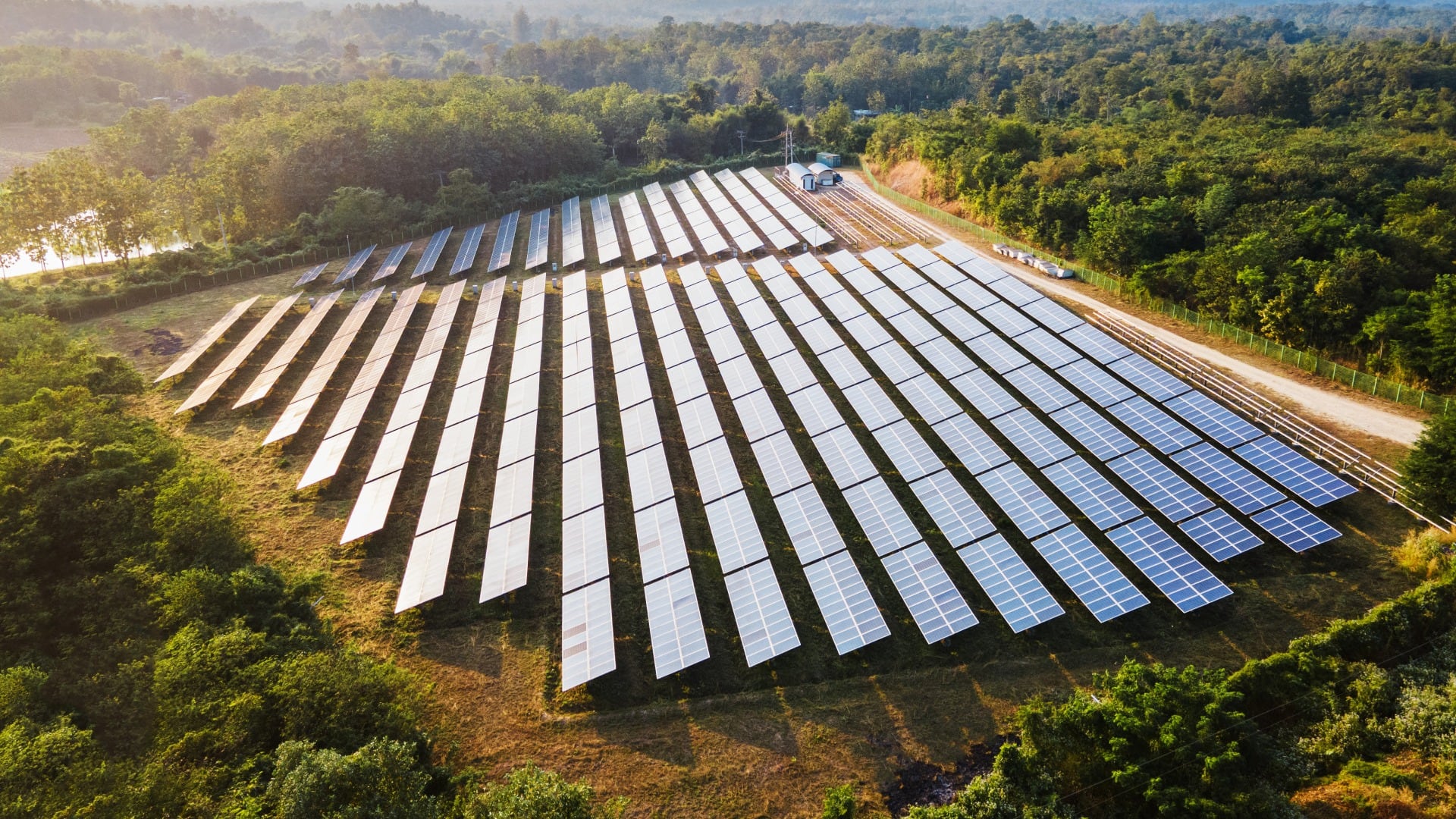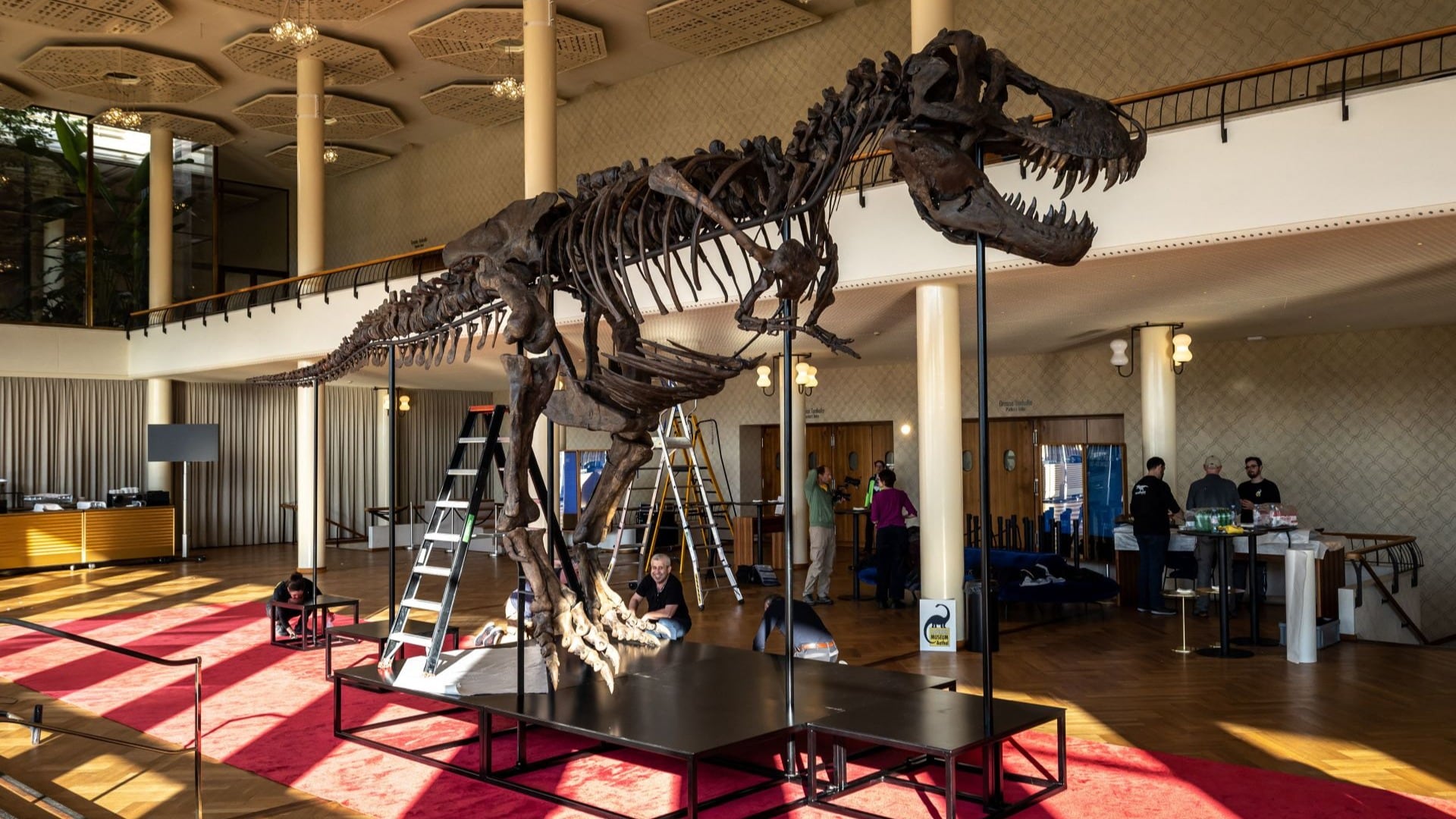In its latest energy outlook, British energy giant BP predicts that fossil fuels as a primary energy source will decline from 80 percent in 2019 to between 55 and 20 percent in 2050, with renewables rising from 10 percent to between 35 and 65 percent.
The forecast comes as BP adjusts its expectations around the green energy transition, due to the new uncertainties brought on by the war in Ukraine.
"Global energy policies and discussions in recent years have been focused on the importance of decarbonizing the energy system and the transition to net zero," wrote BP Chief Economist Spencer Dale in a note. "The events of the past year have served as a reminder to us all that this transition also needs to take account of the security and affordability of energy."
As the report explained, energy security and affordability are competing with sustainability for countries' attention and investment dollars. BP calls this an "energy trilemma."
"Any successful and enduring energy transition needs to address all three elements of the trilemma," Dale wrote.
Yet the war in Ukraine isn't the only development changing BP's outlook. Another is the passing of the Inflation Reduction Act in the U.S., which is set to invest billions into green projects.
The most positive scenarios, in terms of the climate, that BP outlines anticipate four trends:
In all possible cases, the report forecasts that renewables will be adopted “quicker than any previous fuel in history."
How Incorporating Resistance Bands Can Diversify Workout Sessions
A giant Tyrannosaurus rex skeleton that’s been dug up from three sites in the United States is going up for auction in Zurich. It's a first sale of its kind in Europe.
As the inaugural guest on Cheddar News' new show Be Well, Dr. Sandra Lee, also known as Dr. Pimple Popper, discussed when (and when not) to pop a pimple and how to take care of your skin and keep an eye out for signs of more dangerous issues such as cancer.
Moderna and Merck & Co. have developed a cancer vaccine that cuts the risk of death or recurrence of most deadly skin cancer by 44 percent compared to Keytruda on its own, according to researchers.
The company got the OK on Friday from the Federal Aviation Administration. CEO Elon Musk is giving 50-50 odds of Starship reaching orbit.
Vertical farming startup Babylon Micro-Farms recently raised $8 million in a Serie A round. Alexander Oleson, CEO and co-founder of Babylon Micro-Farms, joined Cheddar News to explain his company's mission to help businesses and communities grow their own fresh produce in a sustainable manner.
A new lab test can detect Parkinson's disease in its early stages.
Cheddar News is highlighting companies with a focus on sustainability for Earth Month. Ashley Allen, chief sustainability officer with Oatly, joined Cheddar News to discuss her company's mission to deliver products that have a minimal environmental impact. "We want to make it easy for people to eat better and live healthier lives without recklessly taxing the planet's resources," she said.
'Plant Kween' Talks Low Maintenance Care for Budding Plant Parents
The first image of a black hole captured in 2019 is getting a makeover. Researchers on Thursday revealed an updated version, which they made using artificial intelligence.













